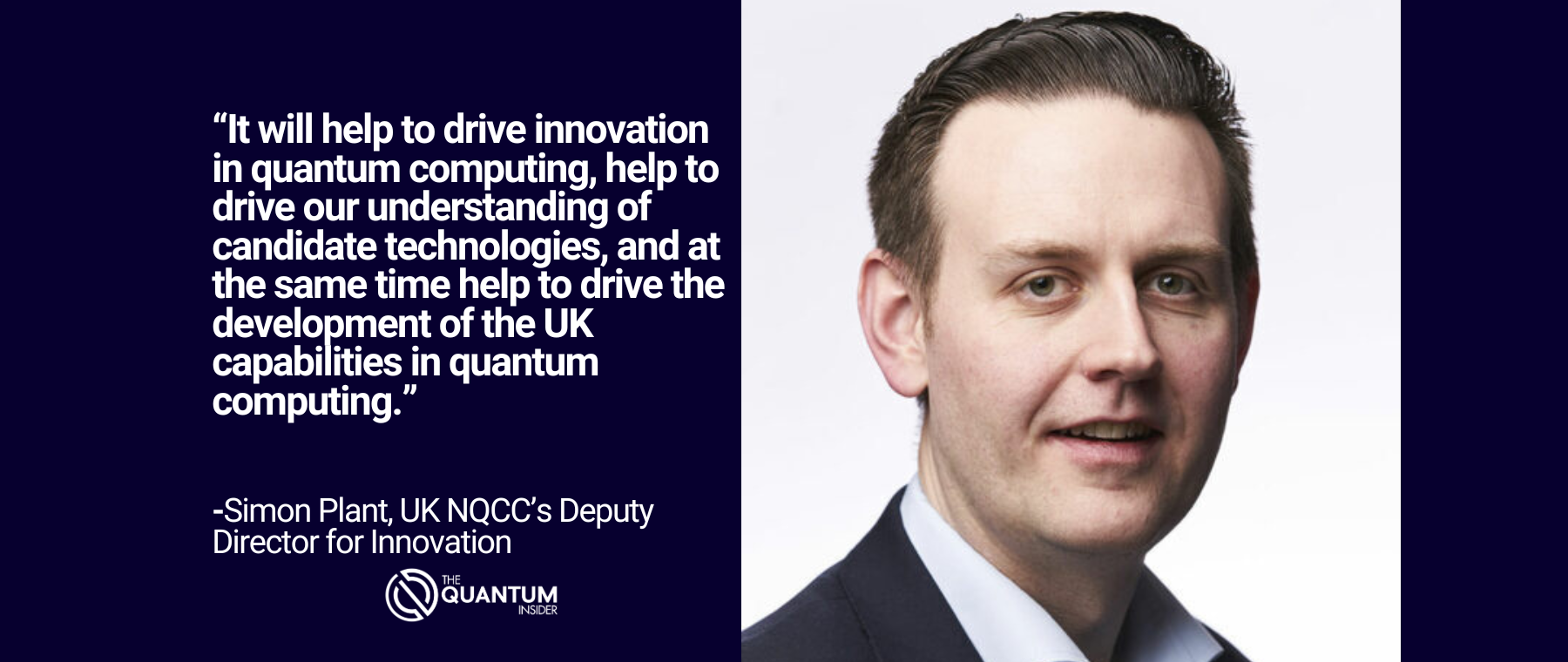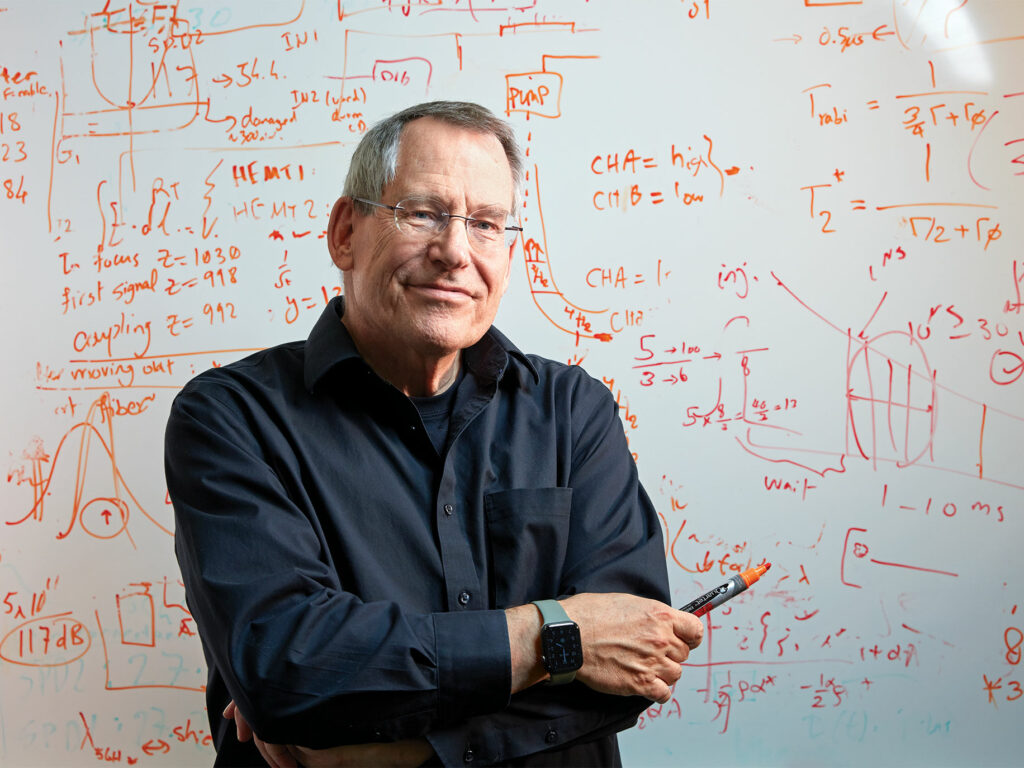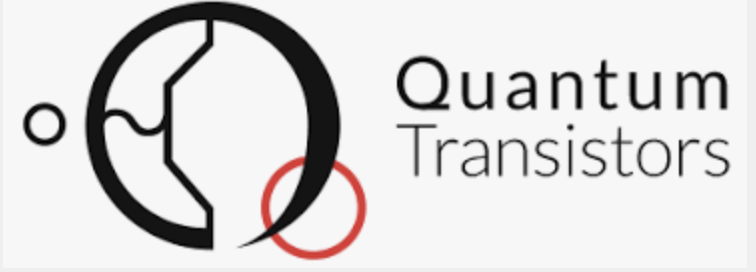Testing and benchmarking are crucial steps in adopting and commercialising technologies.
In the rapidly emerging world of quantum computing, where complexity and novelty present formidable challenges, the role of rigorous testing and benchmarking becomes not just beneficial but essential.
The UK’s National Quantum Computing Centre (NQCC) is spearheading a quantum testbed initiative, aimed at testing the performance of a variety of quantum computing approaches and trialling use cases. Ultimately, the goal of the program is to use this rigorous testing to promote the development and delivery of the UK’s quantum computing capabilities and infrastructure.
According to the NQCC’s leadership, this initiative marks a significant step in the UK’s journey towards technological innovation in quantum computing.
The NQCC’s quantum testbed initiative is a multi-faceted program designed to evaluate a variety of quantum computing technologies. As part of the initiative, the team plans to develop and apply standardised benchmarking protocols and methodologies.

According to Simon Plant, Deputy Director for Innovation, NQCC, this initiative is vital for quantum innovation, to develop deeper understanding of various quantum computing technologies.
To many, quantum computing is still very much a black box, featuring a variety of hardware, modalities, architectures, software, algorithms and use cases. To bring this powerful technology to market, researchers will need to test and benchmark as many of these variations as possible. The centre aims, then, to establish a research cluster with the necessary expertise and equipment that can test those variations and scenarios.
The team hopes that the end result will be surer path for robust quantum commercialization.
“It will help to drive innovation in quantum computing, help to drive our understanding of candidate technologies, and at the same time help to drive the development of the UK capabilities in quantum computing,” said Plant. “The other aspect is that we will be hosting the machines in the NQCC facilities on one central campus, so in a sense, we are creating an emergent cluster of quantum machines in close proximity.”
He added that testing all these quantum machines in a central location can foster a vibrant quantum computing community within the UK.
Quantum Candidates
A key aspect of this initiative is to explore the current main candidates, or modalities, for quantum computing, which will include photonic, superconducting, trapped ion and neutral atom approaches.
“We have a balanced portfolio of the candidate architectures to consider – each of which have their own merits and, arguably, their own technical challenges as well,” Plant said. “From my perspective, this initiative is helping to drive forward the innovation agenda. It’s helping to drive technology readiness, and it’s helping us to inform future decision making that is based on the evaluation of different qubit modalities and candidate technologies.”
The initiative also recognises the need for collaboration with various technology providers. “This collaboration is expected to lead to the installation, deployment and commissioning of quantum machines, ensuring their operational readiness within the NQCC’s infrastructure”, said Plant.
Building these partnerships is another step toward establishing state-of-the-art quantum computing capabilities.
Benchmarking and evaluation of quantum technologies can help form a cornerstone of these collaborations.
Building Knowledge
Plant expects these investigations will bring a windfall of educational opportunities.
“In a sense, the initiative more broadly helps to drive our learning as well,” said Plant. “So exploring: How do we fully deploy those benchmarking strategies? How do we understand what the important metrics are? How do we tailor the use cases that we test to the specific platform technologies? What we envisage is designing particular evaluation regimes, according to each of those platforms and the underpinning qubit modalities.”
Installation of the testbeds in the NQCC facilities is, obviously, a vital component of the project. Because each testbed has unique technical requirements, the NQCC is committed to understanding and supporting these needs. The centre’s facilities are designed to accommodate a wide array of quantum computing architectures, including cryogenics and laser-based photonic systems.
Global Leadership in Quantum Will Rest on Rigorous Testing
The initiative’s broader objective is to enhance the UK’s position in quantum computing globally. It aims to bring state-of-the-art capability across numerous platform technologies, advancing the innovation and R&D agenda in quantum.
“This will add to and enhance the UK’s capability in quantum computing,” said Plant “We believe this will take us further along our roadmap for quantum computing, as well. The NQCC helped to set out that a roadmap back in 2020, when we initially launched our program, setting out a clear path for UK quantum computing and outlining a number of different priorities, including over the longer term, the pursuit of universal fault tolerant quantum computing.
Because so many variables are involved in investigating real-world uses of quantum computers, Plant said that the testbed initiative will be deep, diverse and thorough. While the initiative will also strive to prepare for the longer-term vision of universal fault-tolerant machines, which is the ultimate goal of quantum computer developers, Plant added that the project won’t bypass error correction, error mitigation and the immediate needs of current state and near-term quantum computers.
“As part of this initiative, we were looking at both gate-based and analog machines. We also are including annealers and boson samplers as part of this effort,” said Plant. “We really are interested in a complete range of qubit modalities, or candidate architectures. So, even though our roadmap, in the longer term, centers on universal fault-tolerant quantum computing and gate-based quantum computing that is error corrected, these near-term activities will cover that full range. I think we want to try and unlock that the potential applications space, test a variety of different use cases, and fully understanding the performance. But, at the same time, we want to understand how we and the tech providers can best incorporate error mitigation and error correction strategies, where relevant, over the longer term.”
The sheer complexity of the undertaking does suggest the project will not lead to some type of ranking system. According to Plant, quantum modalities not only are very diverse, but they also are arriving at varying levels of maturity that may make any sort of objective rankings difficult, at the very least and, ultimately, unfair.
NQCC will initially have access to the testbeds, acting as the lead user and evaluator. However, in the medium term, the centre plans to eventually include close stakeholders in the evaluation process, subject to agreements with technology providers.
For more market insights, check out our latest quantum computing news here.



















